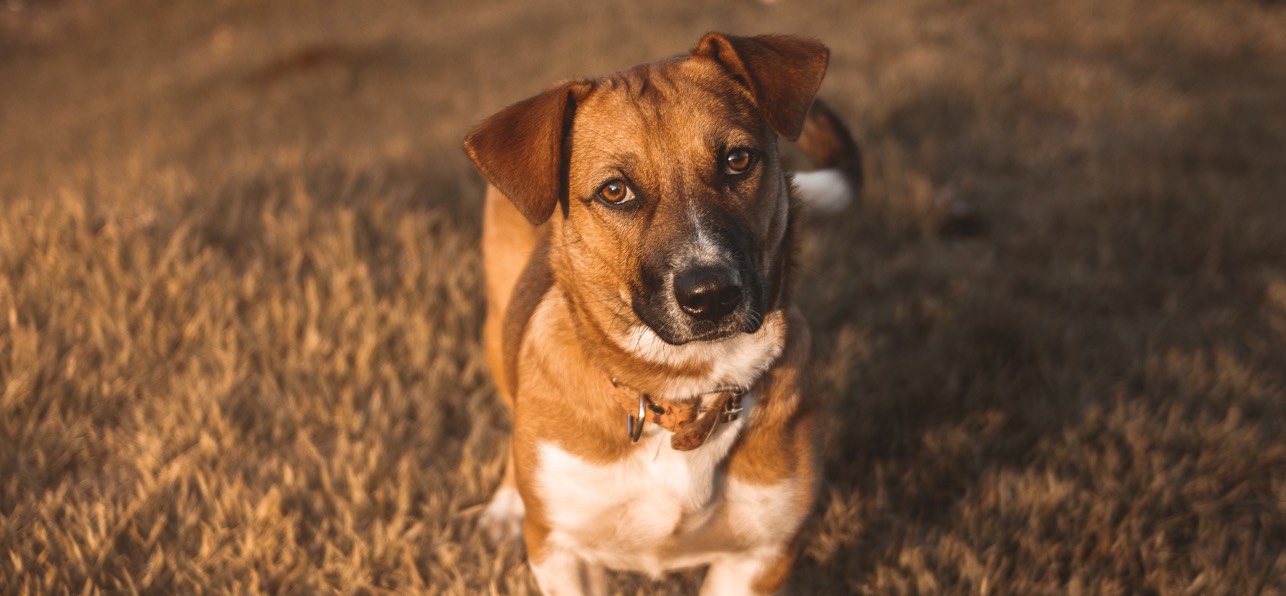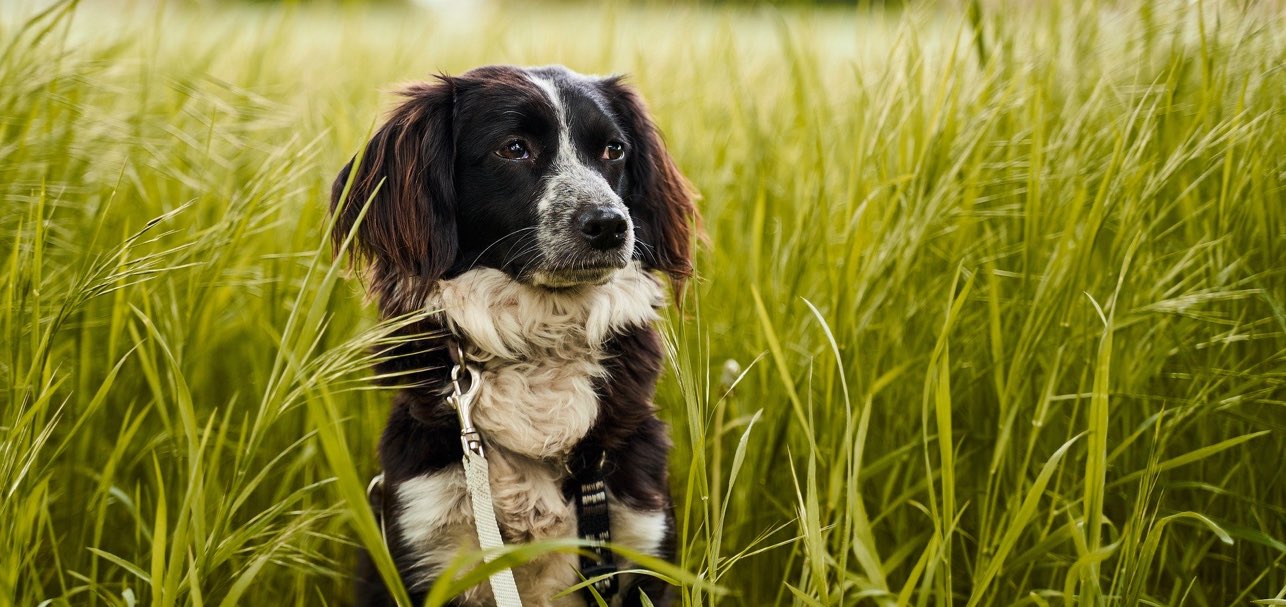The average lifespan varies for dogs between different breeds and even within the same breed. Today, dogs are living for longer because of the advances in veterinary care, medicines and diet.
For this very reason, when a dog reaches their senior years, their care and diet should be carefully considered and adapted to suit their needs.
Caring for a senior dog over the age of 10 requires a lot of forward-planning and vigilance to help keep them happy, comfortable and while supporting their health.
Listed below are some of the most important points to bear in mind if your dog is over the age of 10:
Senses
As your dog ages so will their senses. Often, this is gradual as it is when humans age. The loss of eyesight and hearing is common and are the most obvious signs of ageing that you will notice.
If you’ve noticed that your dog's eyesight isn't as good as it used to be, then make their movements around the house easier by removing any clear obstacles.
If you’ve noticed that your dog has become hard of hearing, then you must be patient and not tell them off if they do not do as they’re told right away. Help them by approaching them front on rather than behind which can startle them.
Cognitive function
As we age our brains lose their acuity and the same applies to dogs. For most, the decline is gradual over some time and for some dog breeds, it can happen faster.
Brain ageing can lead to your dog becoming confused, forgetful and can develop into a canine form of dementia.
All responsible owners must remain vigilant and notice any changes to their behaviour and mention this to the vets to get expert advice and medical intervention which can help slow down the progression of brain ageing.
Changes in their behaviour
Gradual declining of scenes, brain ageing and aches and pains related to age can all contribute towards behavioural changes in your dog.
As your dog ages, they become less interested in playing and more reluctant to socialise with dogs they don’t know. As with humans, they can also become more irritable.
Dog’s over the age of 10 tend to slow down when they're walking and are often less active and would rather rest in their beds. It is important to understand that senior dogs do need exercise daily and this is dependent on their health needs.
Teaching and old dog new tricks
As the saying goes, old dogs can learn new tricks but they might not pick it up as quickly as they did in their younger years or they might not be as sharp as they used to be.
Love and patience must always be applied when teaching your senior dog new tricks and the same applies when giving them a command and they don’t respond as quickly as they used to.
As your dog ages, you should still try and teach them new tricks and do regular commands to keep their brain active.
Senior dog diet
As your dog ages, their diet should change to accommodate the health needs they require. You should consult your vets for expert advice to tailor your dog's diet. They may also need soft food if they’ve lost some of their teeth.
Arthritis and stiff joints
As your dog ages, they are prone to developing arthritis and their joints may become stiff. If your dog is showing any signs of joint stiffness or discomfort then speak to your vet to discuss possible treatment and medicine to help keep them mobile.
Lastly, when your dog reaches old age, you should schedule regular check-ups at the vets, so that both you and your vet can monitor your dog's health and any changes that may occur.
You should also speak to your vet about urinalysis profiling and blood tests to help identify any problems or anomalies early on.
Doing these tests regularly will help identify any possible issues and deal with them sooner. It will also help when making a comparison every time they are tested.




